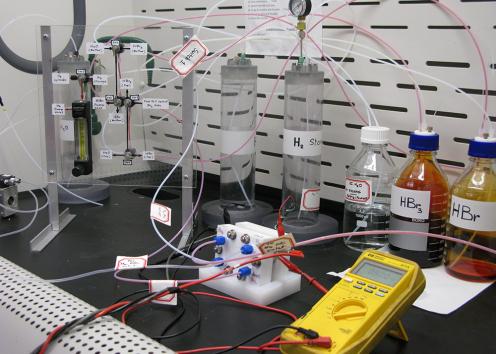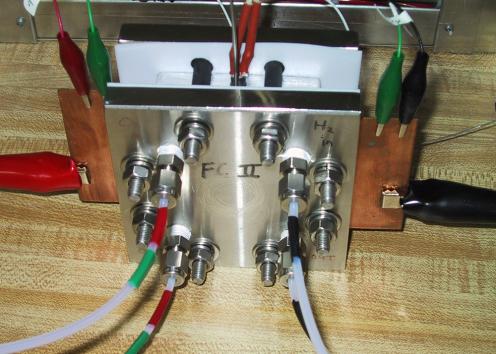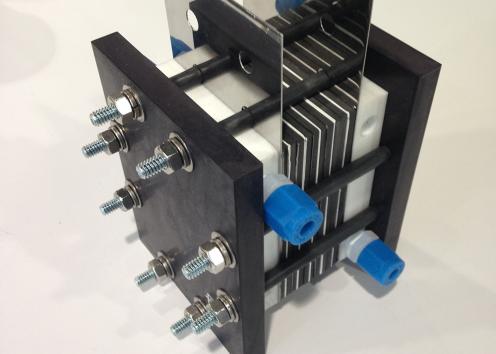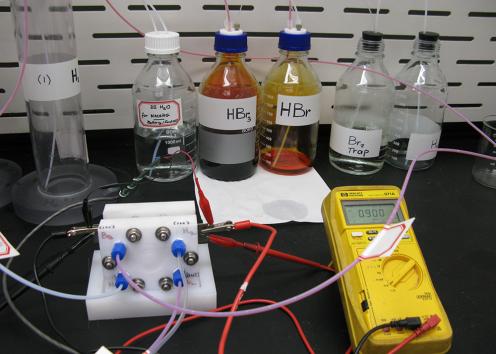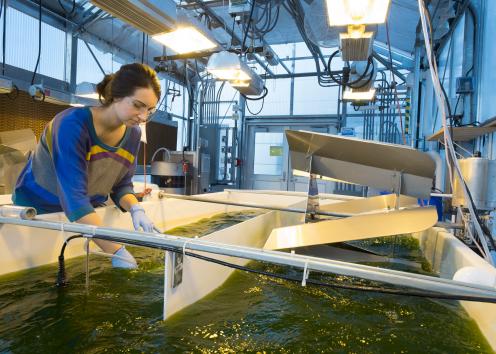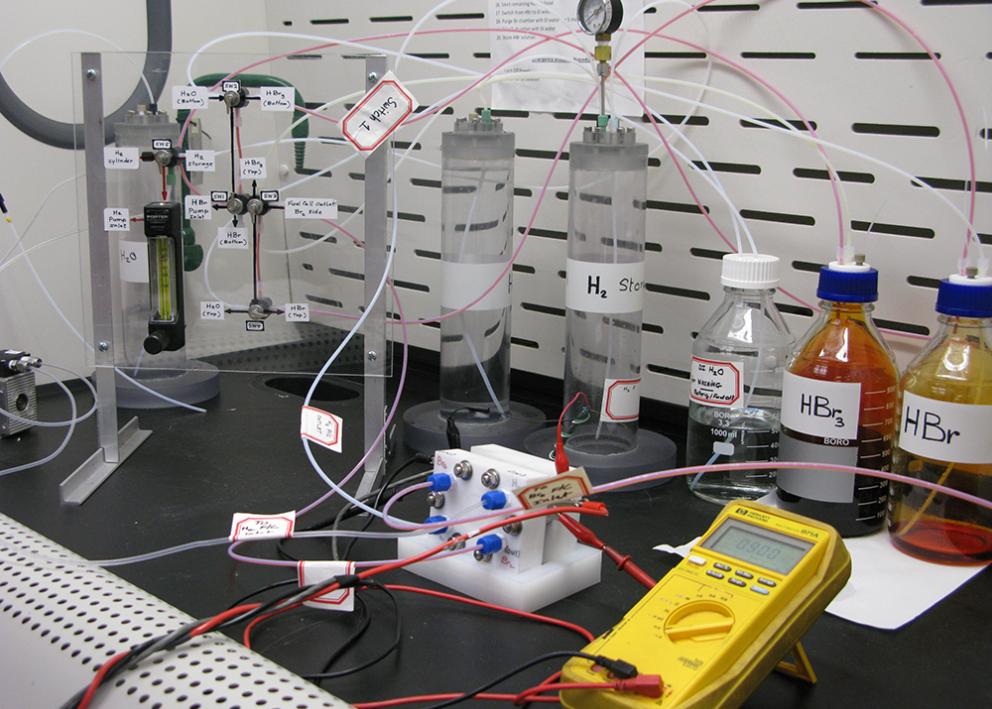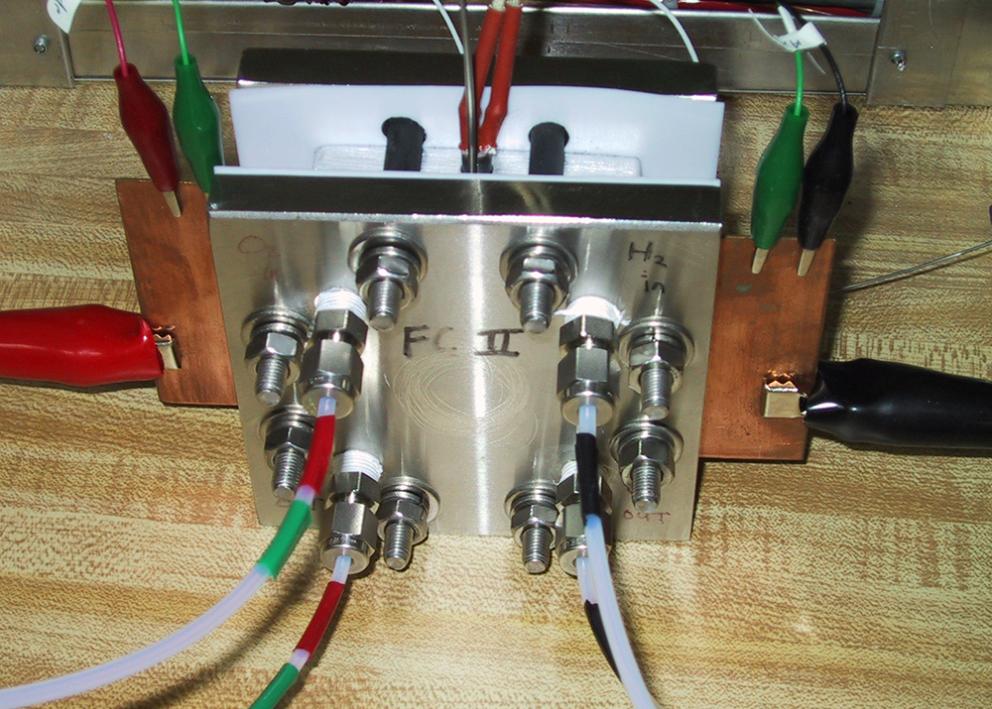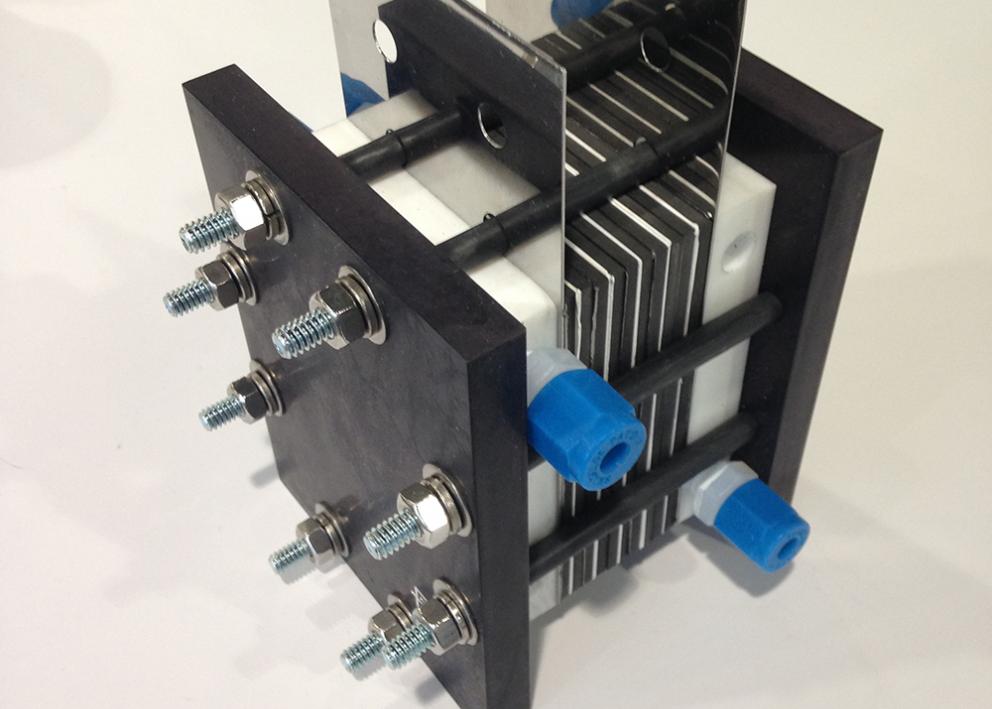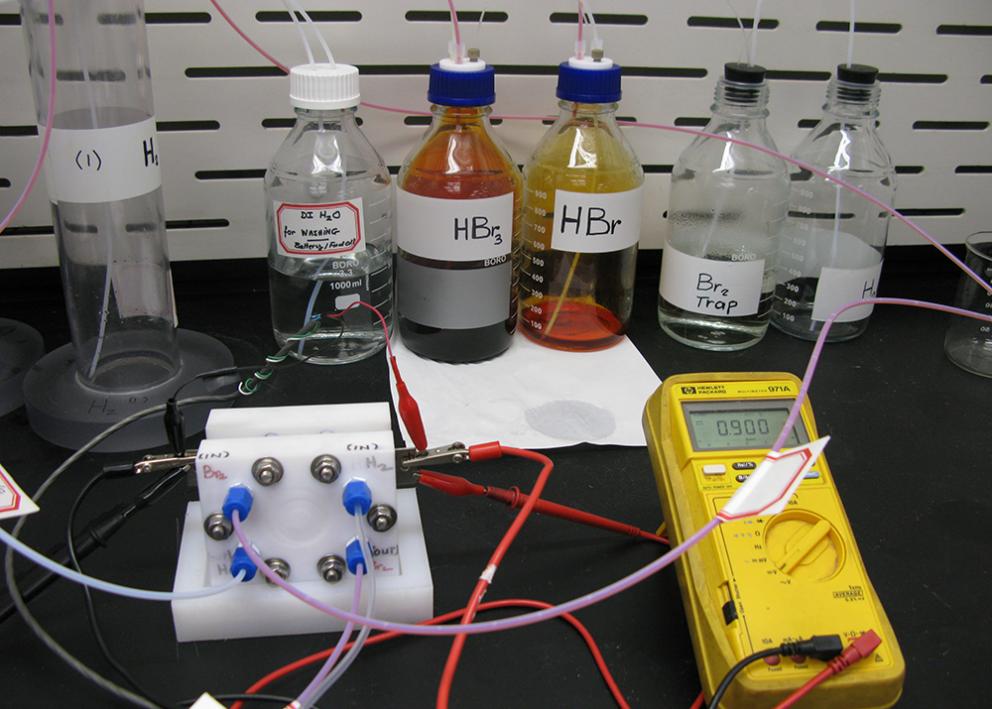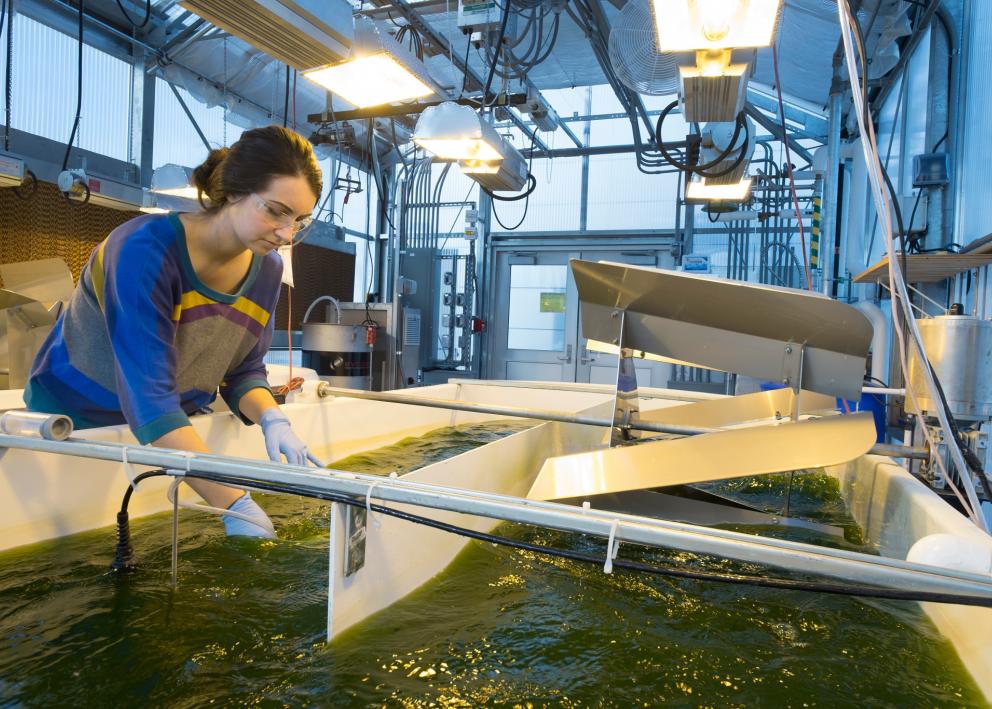Sustainable Engineering
Mark B. Shiflett
Distinguished Foundation Professor Mark B. Shiflett research interests include development of sustainable, energy efficient processes and products. Current examples include: ionic liquids, porous materials, and membranes for refrigerant separations, oxalate chemistry for recycling of critical metals, conversion of biomass into sustainable products, and porous materials for protein, antibody, and vaccine storage. Areas of specialization: gravimetric measurements, thermodynamic and transport modeling, reaction and separation engineering, safety, and undergraduate laboratory teaching and experimentation.

Bala Subramaniam
Distinguished Professor Bala Subramaniam, who directs the Center for Environmentally Beneficial Catalysis (CEBC), performs various catalysis research. Researchers at the CEBC are developing cost-competitive chemical manufacturing processes that prevent waste and conserve natural resources. CEBC's internationally recognized faculty members offer a novel mix of expertise in developing catalytic processes.

Trung Van Nguyen
Prof. Trung Van Nguyen’s lab, the Fuel Cell/Batteries Test Lab, researches fuel cells and flow batteries for large scale energy storage for renewable sources like wind and solar. Dr. Nguyen is international recognized as one of the top researchers in this field, and he has presented his research all around the globe.

Susan M. Williams (Stagg-Williams)
The Stagg-Williams Group is focused on the conversion of biomass and specializes in the thermochemical conversion of algae and other organic material to produce fuels, chemicals, fertilizers, catalysts, adsorbents, and other value-added products. We also work with the production of biodiesel from a variety of feedstocks and collaborate with mechanical engineering to test fuel properties and engine performance. She is also the director of the KU Biodiesel Initiative which produces fuel and soap from used cooking oil and works to support biodiesel production in the State of Kansas.

Aaron M. Scurto
Dr. Scurto research focuses on Sustainable Chemistry and Engineering.

Ana Rita Morais
Dr. Morais' lab is called the Food, Energy, and Water Laboratory for Sustainability (FEWLS). Their mission is "to study and develop integrated technologies for producing sustainable food & feed products, fuels, chemicals, and potable freshwater for our future generations. Our ultimate goal is not to simply feed our curiosity. We thrive in creating, studying and developing technologies that are part of conceptual systems, which are optimized for environmental sustainability and economical profitability. We hope our holistic research approach can offer a clear difference to our society."

